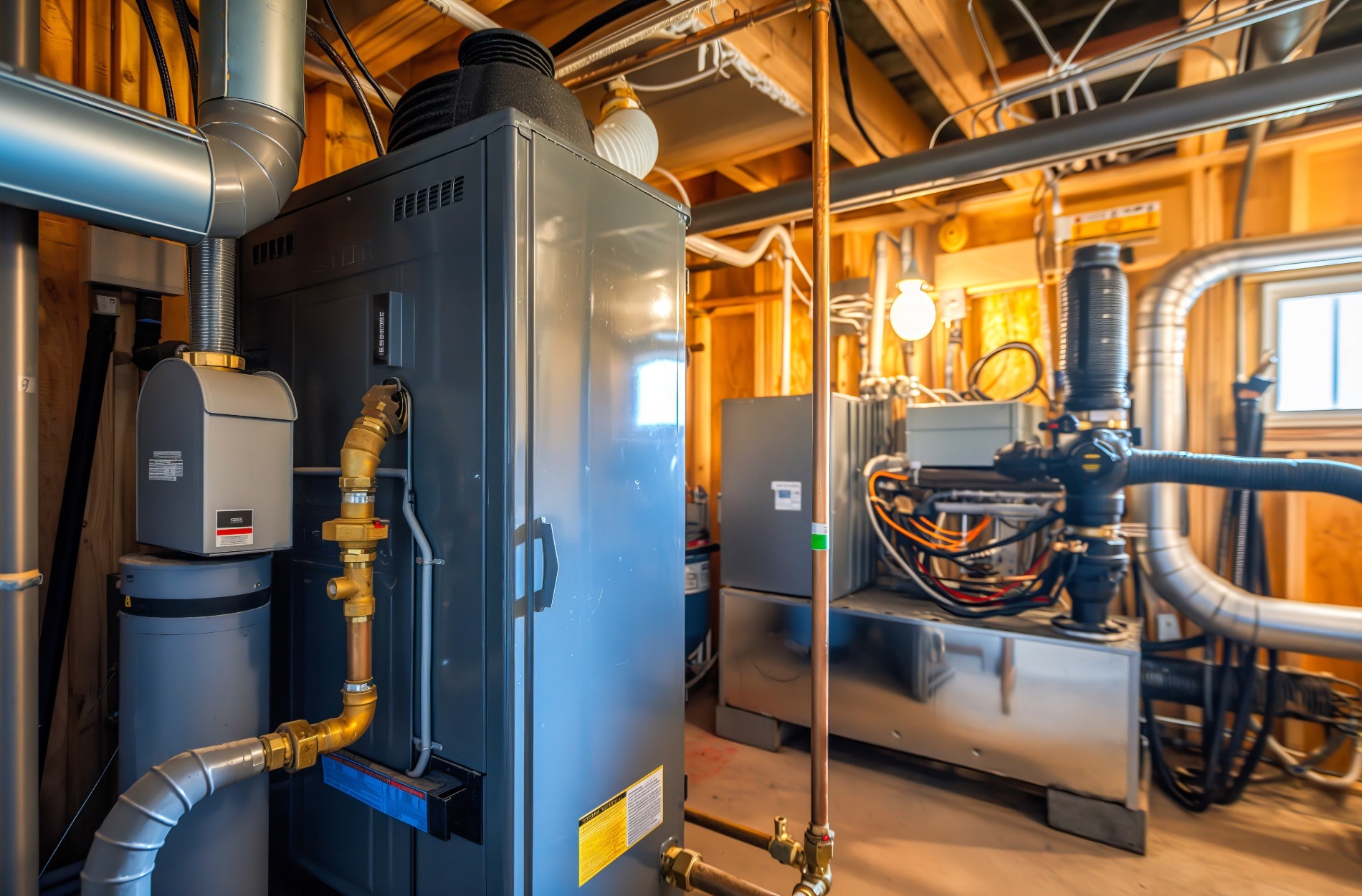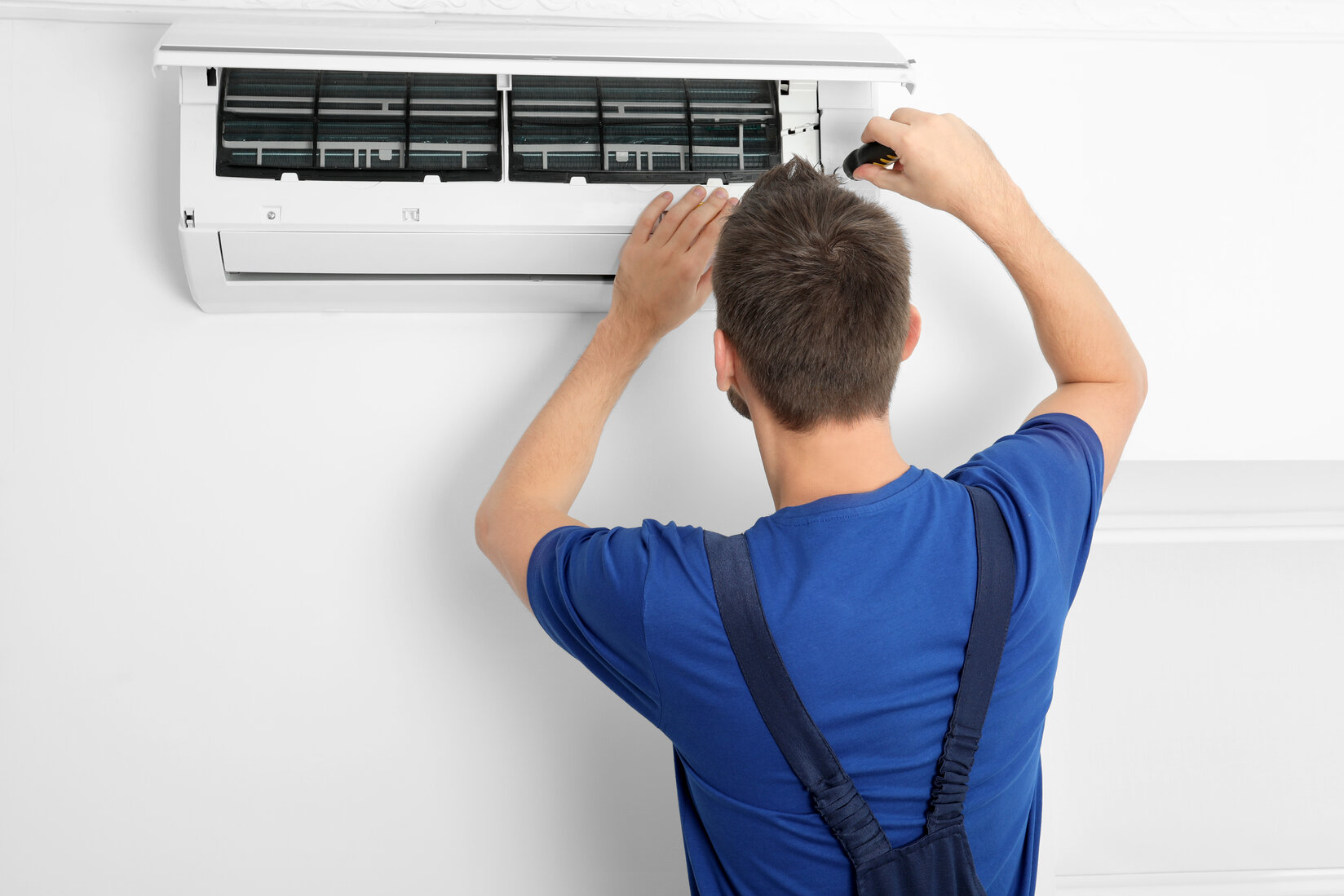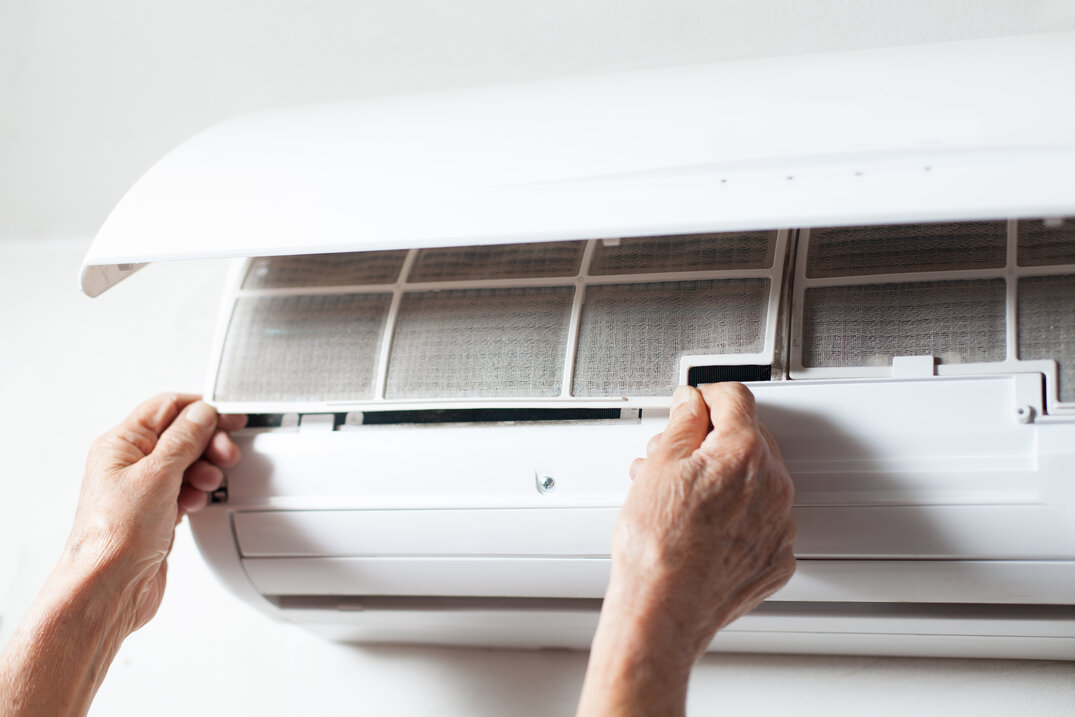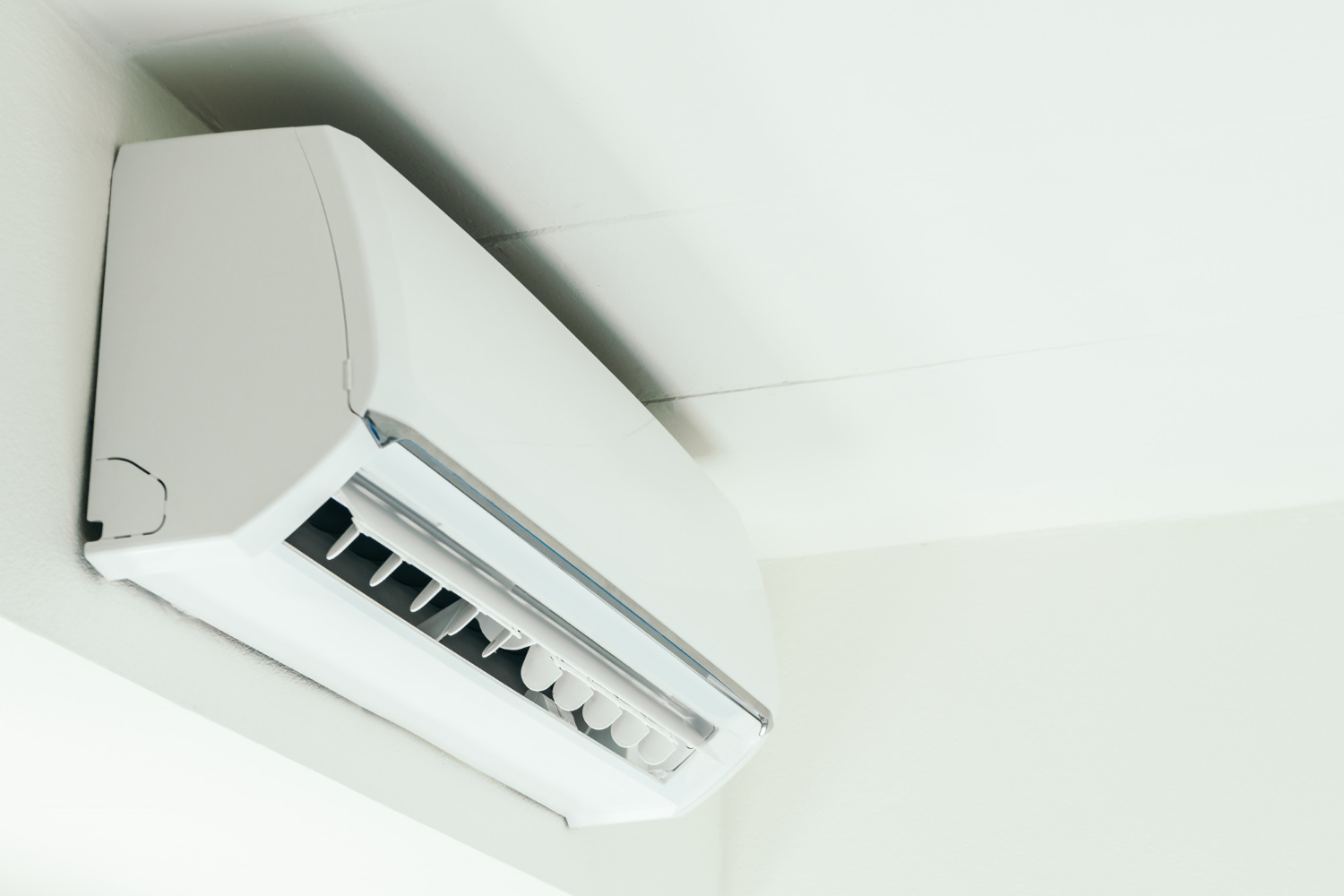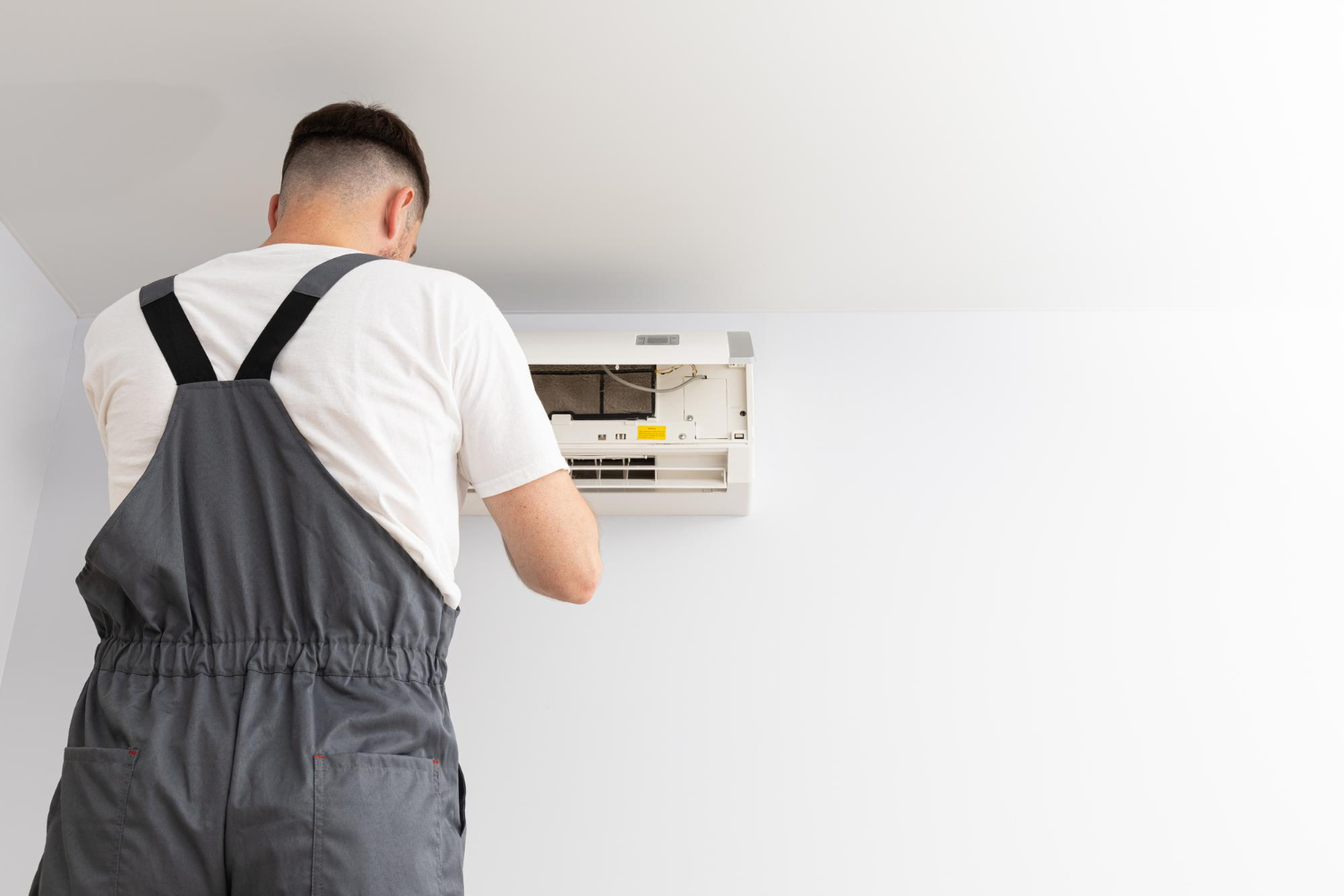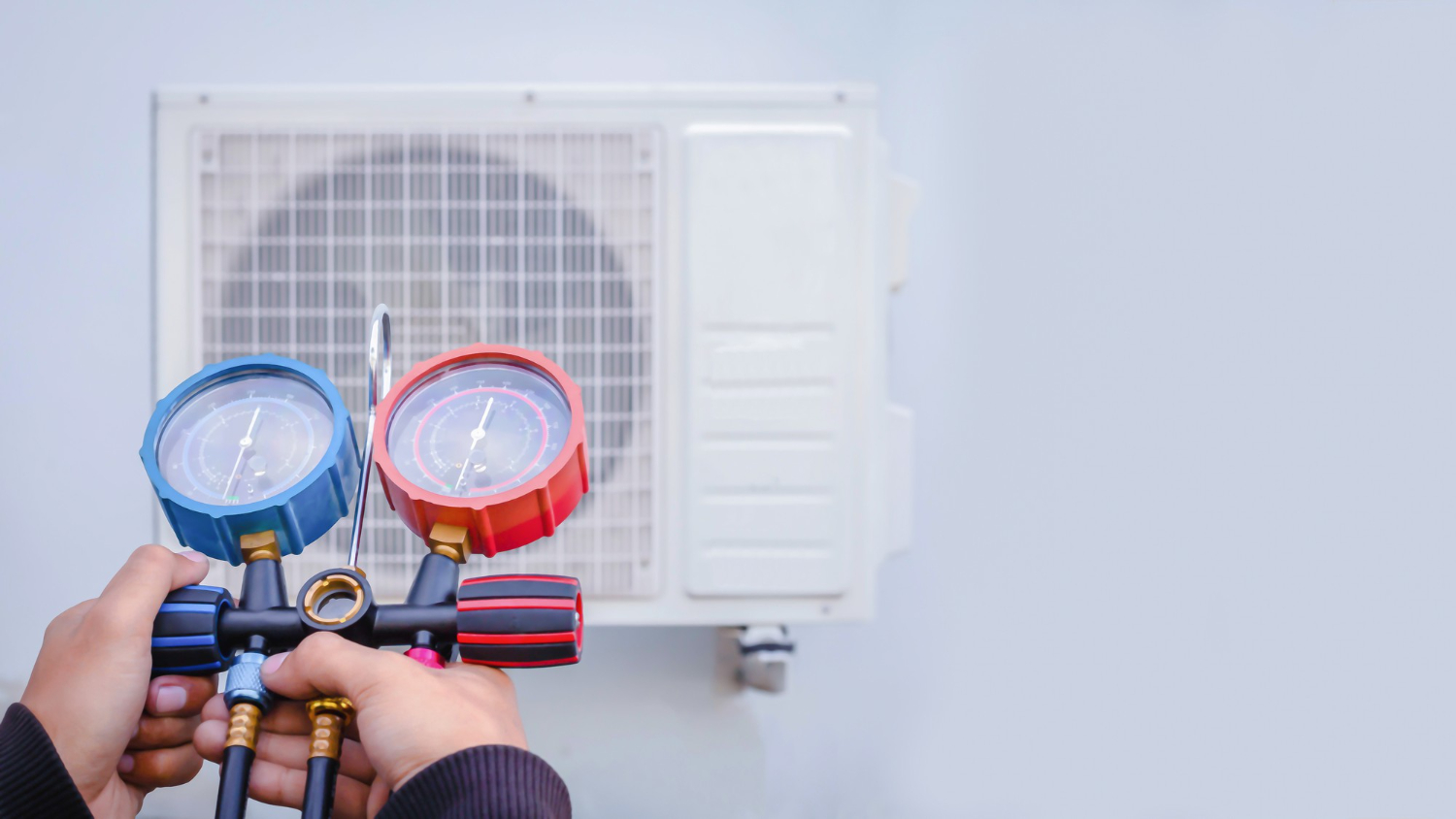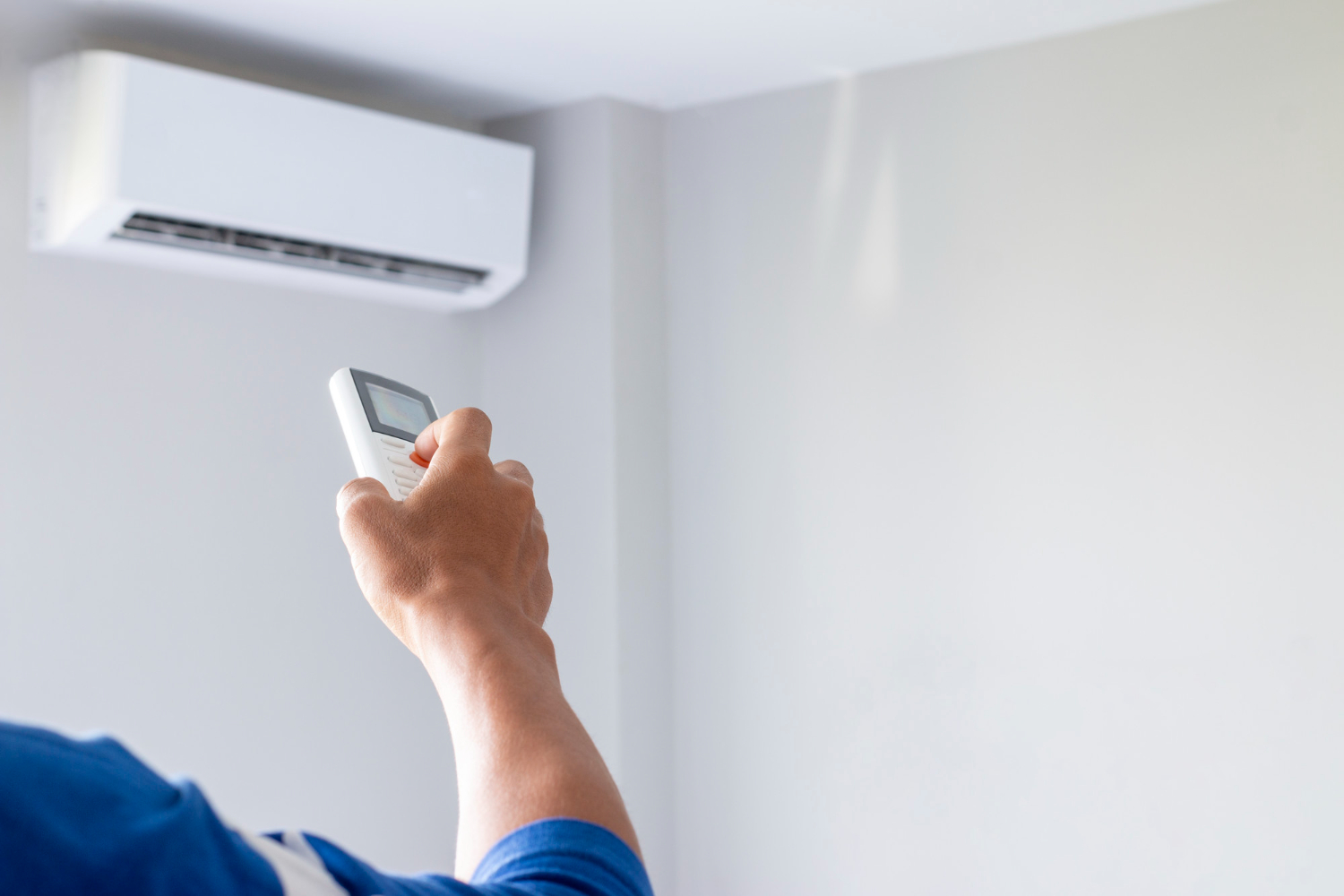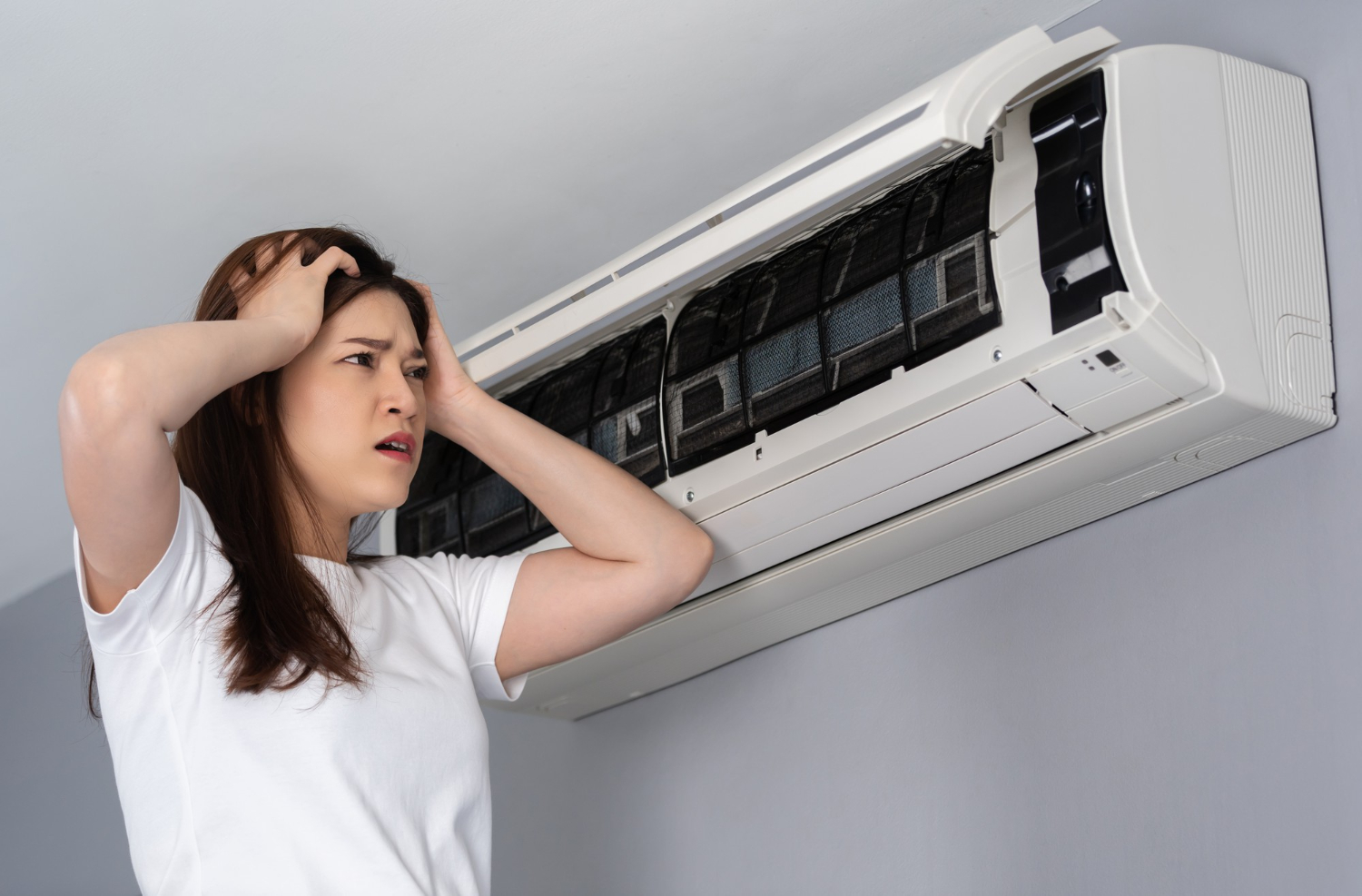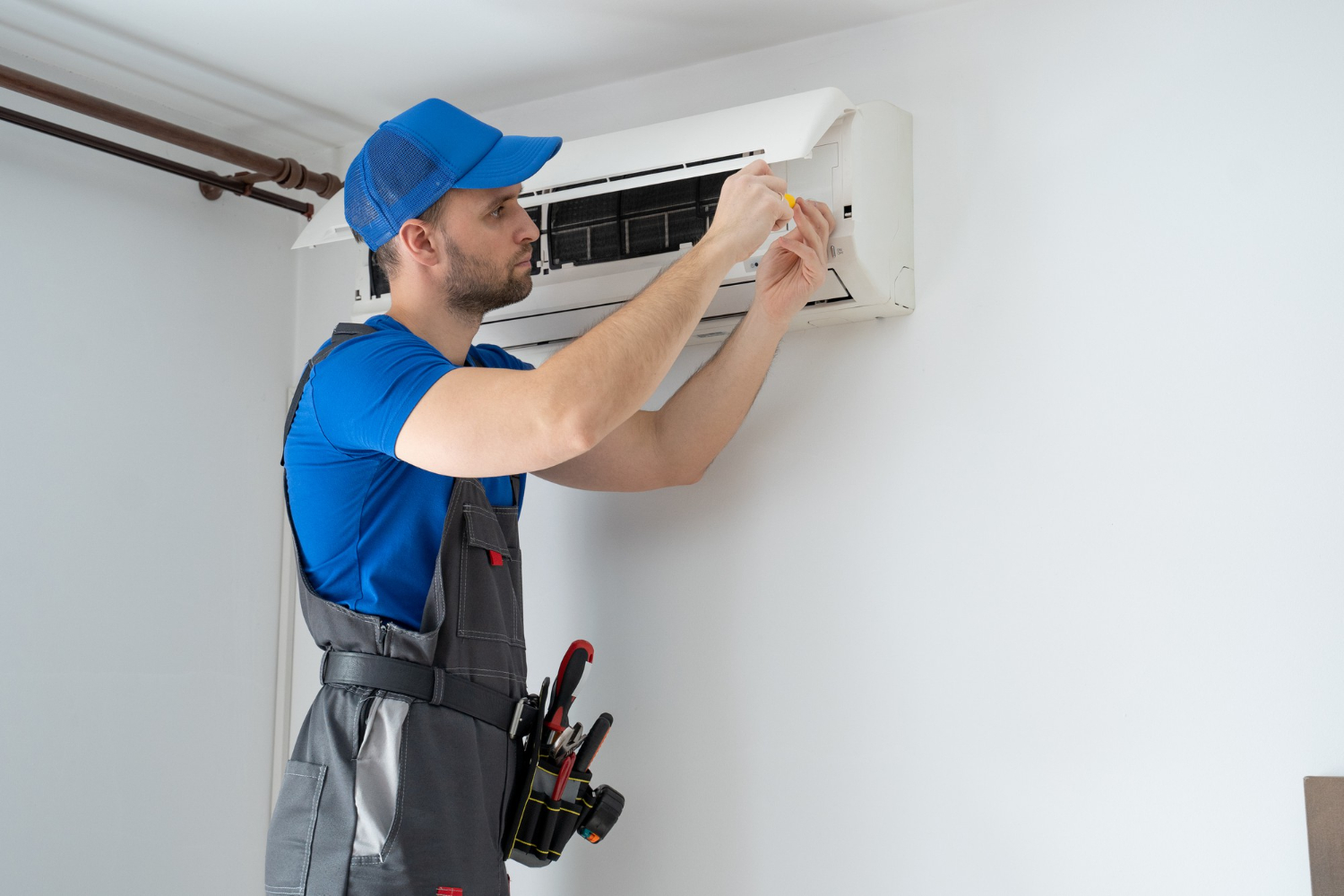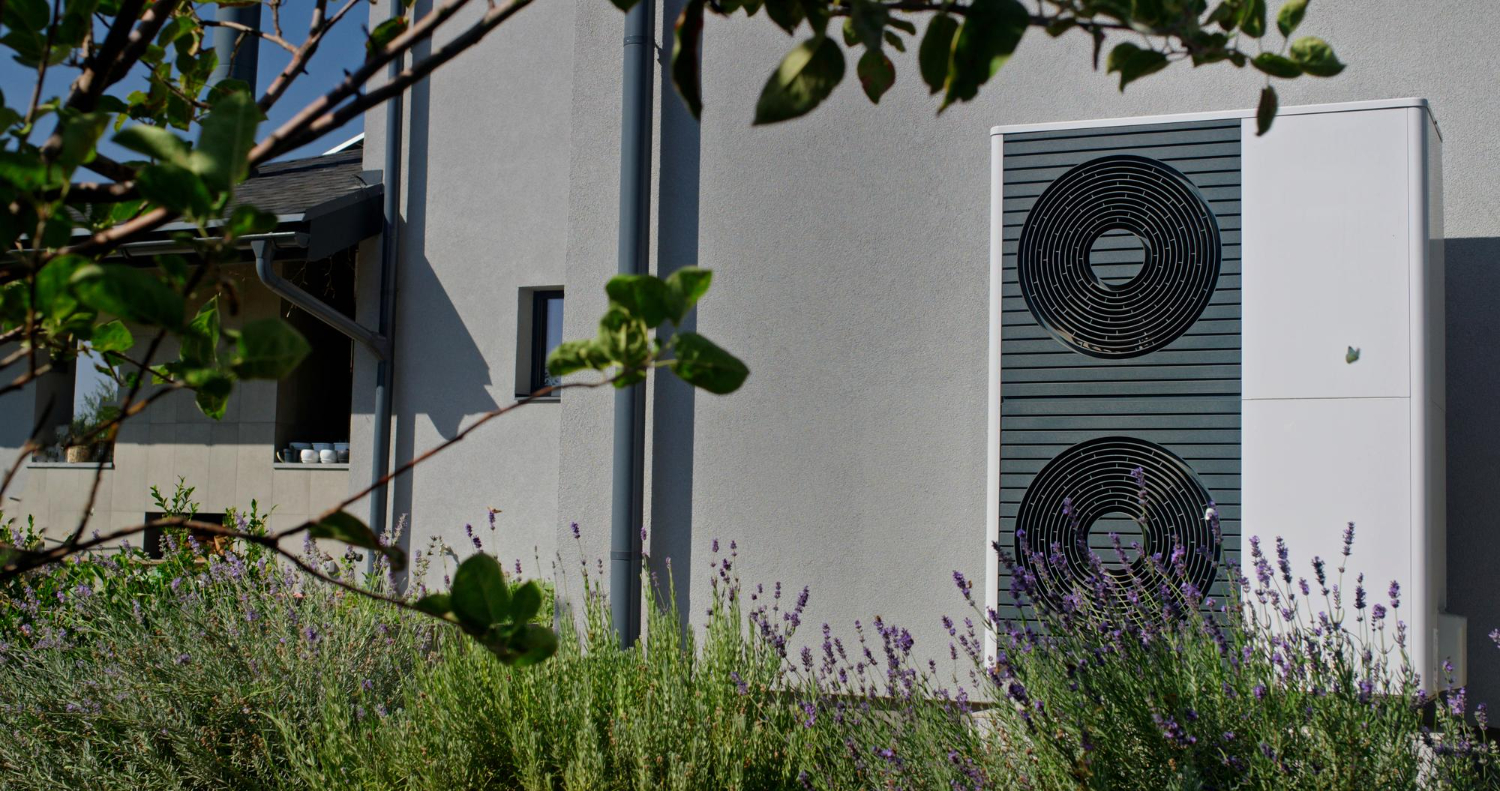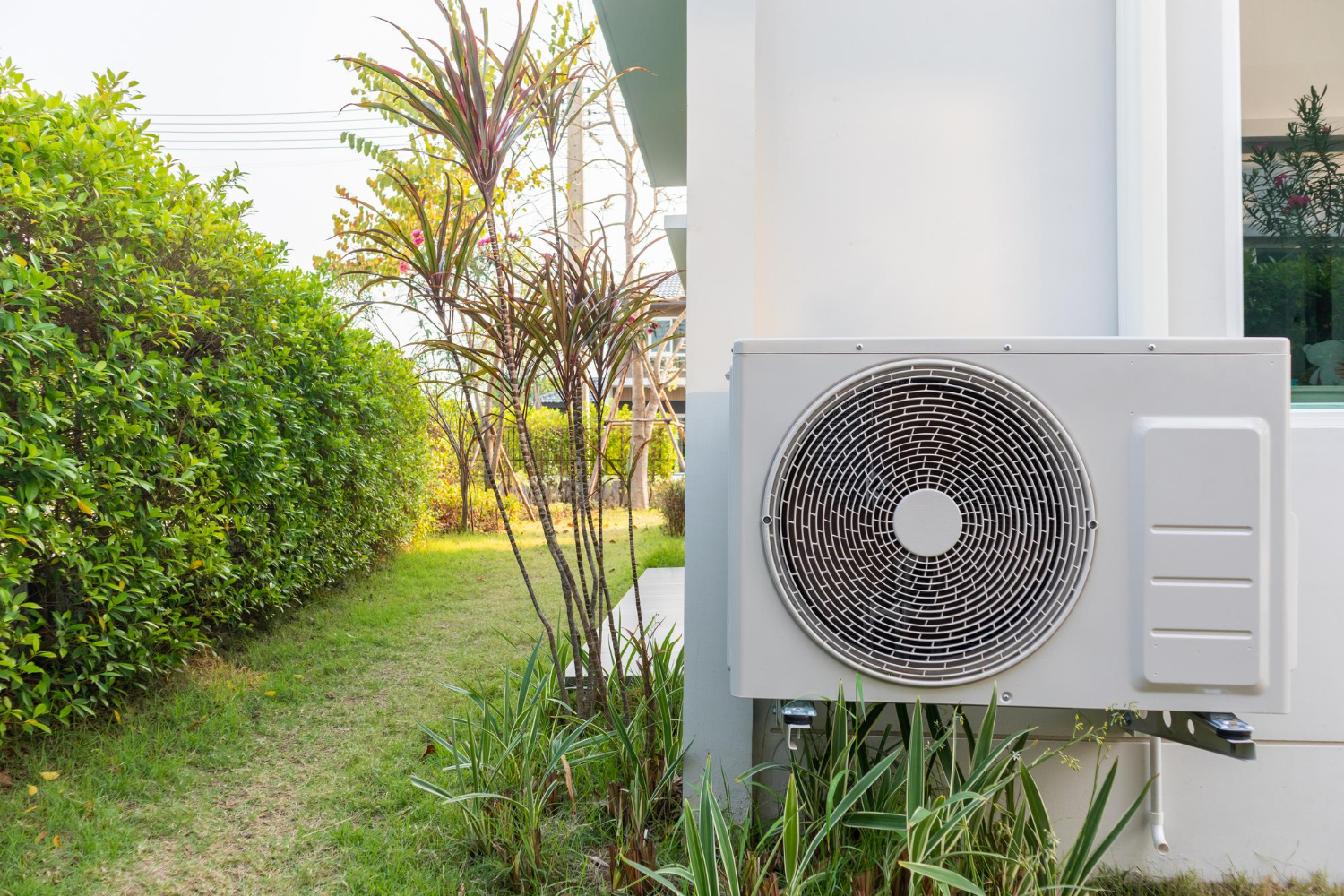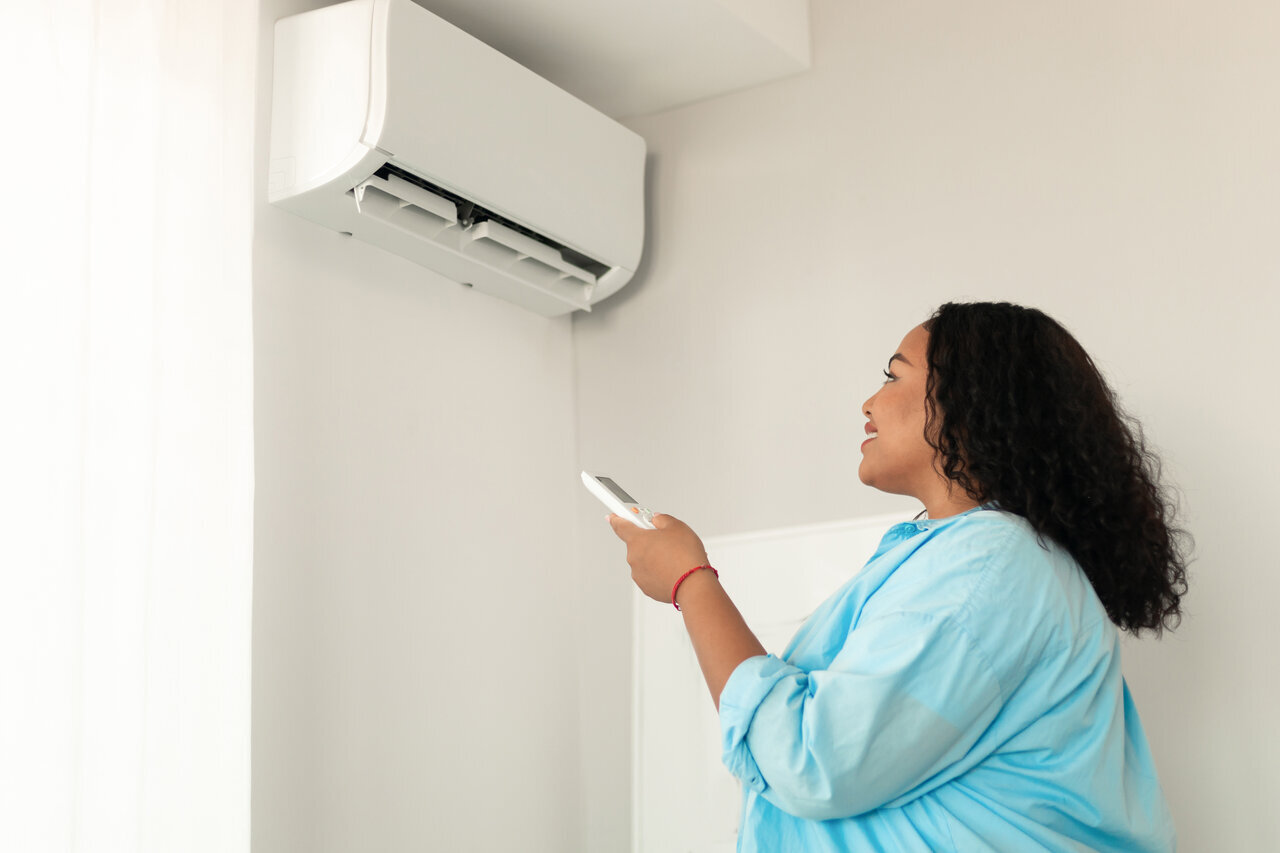When your outdoor AC unit isn’t working the way it should, indoor comfort quickly becomes a problem. You might notice the temperature creeping up in your home on a hot day, or hear strange noises coming from the unit outside. These issues don’t go away on their own. In most cases, ignoring them can lead to bigger, more expensive repairs down the road.
In a place like Boyd, where summer temperatures can stick around for a while, getting ahead of AC issues is a smart move. The outdoor unit plays a big role in how well your system cools your home. If it's damaged, blocked, or malfunctioning, your entire AC system will struggle. Understanding the warning signs can help you get the right repairs done faster and avoid losing cooling completely.
Understanding the Importance of a Well-Functioning Outdoor AC Unit
A properly working outdoor AC unit is more than just a supporting piece of equipment. It’s responsible for removing heat from your home and keeping your indoor space comfortable. When this part of your system isn't running like it should, your AC has to work harder, uses more energy, and still might not keep you cool.
Here are some benefits of regular maintenance and timely repairs:
- Increases system efficiency and helps reduce monthly utility costs
- Prevents sudden breakdowns by catching issues early
- Extends the lifespan of your AC unit
- Improves indoor air quality and overall comfort
Even small problems like leaves clogging the fan or a loose electrical connection can disrupt how the entire system works. Letting those issues go might not seem like a big deal at first, but they often lead to long-term damage if ignored.
Unusual Sounds From Your Outdoor AC Unit
Hearing strange sounds from the outdoor unit is usually one of the first signs something's not right. These noises don’t always mean the unit is failing, but they almost always mean it needs attention.
Here are a few examples of sounds and what they could mean:
- Grinding: This might mean the fan motor bearings are worn out
- Squealing: Often a sign of a loose or damaged belt inside the unit
- Rattling: Could be loose parts, sticks or debris in the fan, or mounting issues
- Hissing: Might point to a refrigerant leak, which requires immediate repair
If your unit is making any of these sounds, it’s safest to turn it off and have it inspected. Running the system while it’s in distress could worsen the damage and increase the repair cost. A homeowner in Boyd once shared that they ignored a squealing noise for a few weeks, only to later find out the motor needed full replacement—something they could have avoided with faster attention.
When your AC sounds different than usual, treat it like a warning. A smooth, steady hum is what you're after. Anything else deserves a closer look.
Poor Cooling Performance
When your AC is on full blast but the house still feels warm, something isn’t working right. Poor cooling performance is frustrating, especially when your energy bill keeps rising and you're not getting the comfort you're paying for.
Signs your AC unit isn’t cooling properly include:
- Warm air coming from the vents
- Uneven temperatures throughout the house
- Longer cooling cycles or short bursts followed by silence
Several things can cause these problems. Low refrigerant levels are one of the most common. When there's a leak or the levels are too low, your AC can't absorb and release heat properly. A failing compressor can also reduce performance. The compressor moves refrigerant through the system, and if it’s failing, your system loses power.
Sometimes, the issue comes from the outdoor coils. Dirt, leaves, and other debris can block airflow, trapping heat instead of releasing it. In some cases, electrical problems may be the root of it and will prevent the parts from running at full capacity.
When cooling isn’t up to par, it’s not just an inconvenience—it’s a sign that something is likely going wrong. Catching these signs early can help stop more damage from developing inside the units.
Visible Damage or Debris
If your outdoor AC unit sits in a place that collects leaves, grass, or dirt, it's more likely to develop performance issues over time. Physical damage to the unit or heavy debris buildup can block airflow and reduce its ability to dump heat outside your home. The harder the unit has to work, the more likely it is to overheat or wear out.
Watch for these signs during a visual check:
- Bent or crushed fins
- Oil spots that may signal a refrigerant leak
- Leaves, grass clippings, or dirt packed against the casing
- Water pooling near the base of the unit
- Cracked or corroded parts
Even something as simple as a plastic bag getting stuck in the fan blades can lead to major issues if ignored. It’s a good habit to check around the unit from time to time, especially after mowing the lawn or following a storm. If you're unable to clear the debris safely or spot physical damage, it’s time to pause use and bring in our professionals to take a look.
Increased Energy Bills Due to AC Unit Trouble
If your energy bills are rising every month, but your usage is staying the same, your AC unit might be the reason. In summer months, that spike in energy use is often the first clue that shows your system may be compromised.
Here’s how outdoor unit issues can lead to higher bills:
1. The system runs longer than usual to try to reach your set temperature
2. Dirty coils reduce cooling ability, making it run inefficiently
3. A failing compressor struggles to function and draws more power
4. Refrigerant issues cause repeated cooling cycles without good output
5. Electrical parts like a worn-out capacitor keep the unit from running correctly
All of these force the system to work harder, and that extra effort shows up on your energy bill. Many Boyd homeowners are surprised when they realize the root of their increased costs started with something small like a debris-covered coil or failing fan motor.
The longer these issues go unresolved, the more strain they place on your AC. Spotting billing changes early and acting quickly could save you from a sudden breakdown.
When It's Time to Call the Professionals
Some AC problems can be hard to spot if you don’t deal with them regularly. Once you notice a drop in comfort, hear new sounds, or see any visible damage, waiting can just make it worse. Even if the system still turns on, running it while these issues are present can risk lasting damage to other major parts of the HVAC system.
Knowing when to reach out is just as important as recognizing the symptoms. If you've checked your filters, thermostats, and indoor vents with no change, the issue is likely with the outdoor unit. That’s when having our technicians inspect the system makes the most sense. They'll be able to check refrigerant levels, electrical parts, and connections you can’t safely test yourself.
Keep in mind, catching a small problem early can prevent a larger one from shutting down your cooling altogether. If you're unsure about whether your outdoor AC unit is working the way it should, it’s better to act before a difficult issue puts your home at risk of uncomfortable heat and costly emergency repairs.
AC repair in Boyd doesn’t have to be reactive. With a little attention to warning signs, you can stay ahead of breakdowns and get more out of your AC system throughout the hot season. Regular inspections, quick attention to changes, and professional help at the right time will keep cooling reliable when your home needs it most.
Dealing with certain problems in your outdoor AC unit can lead to unexpected downtime and higher energy bills, so if you notice these signs, you may need AC repair in Boyd to restore your system's performance. Family Comfort Heating & Air is committed to helping you maintain a comfortable home by addressing issues quickly before they worsen. For a quick estimate or to book a service visit, please contact us today.
Related Blog

Flexible Financing Options
Stay comfy with 0% Financing for 12 Months on a new HVAC system through Synchrony and Wisetack! No hidden fees, no stress—just easy payments.













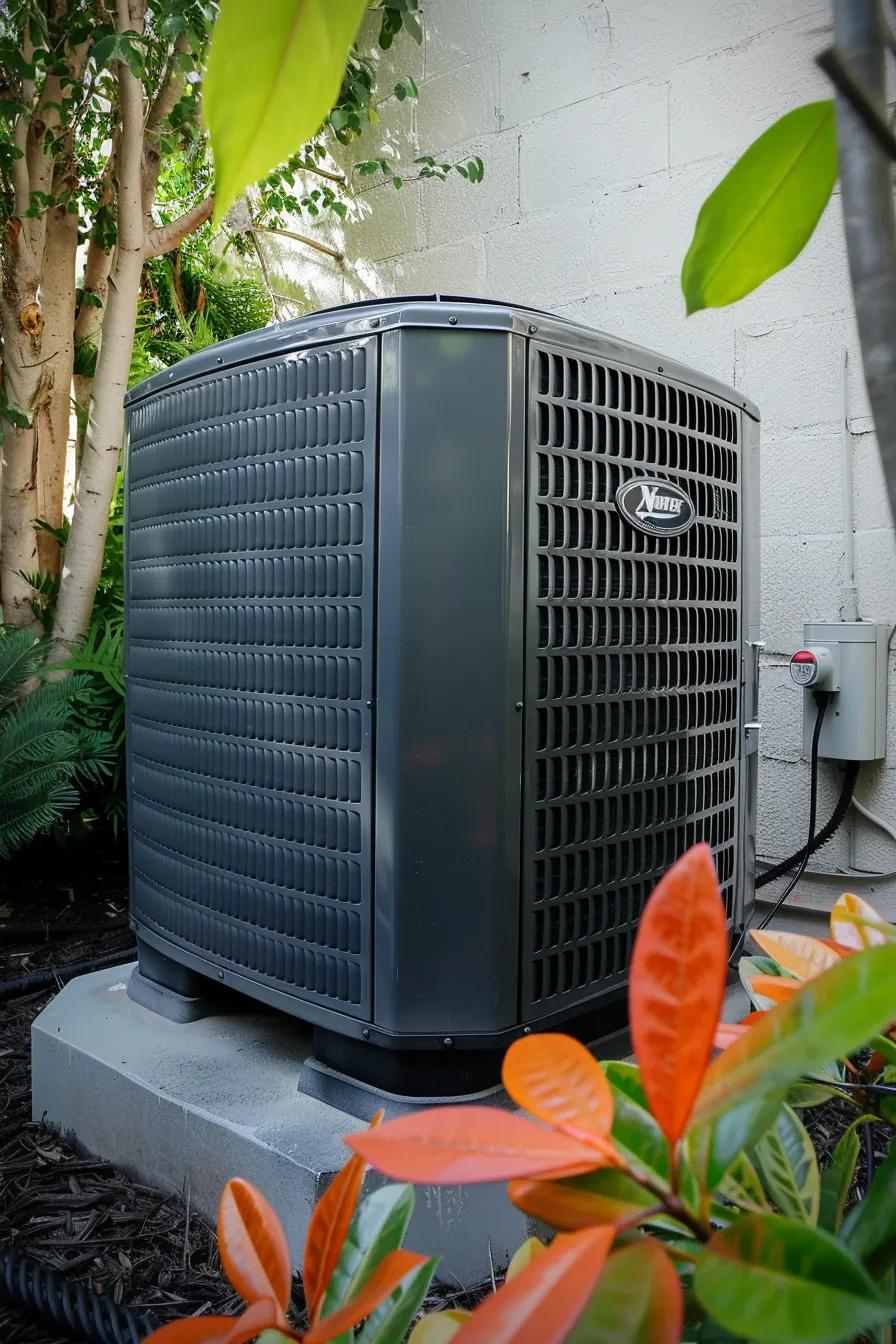

.png)
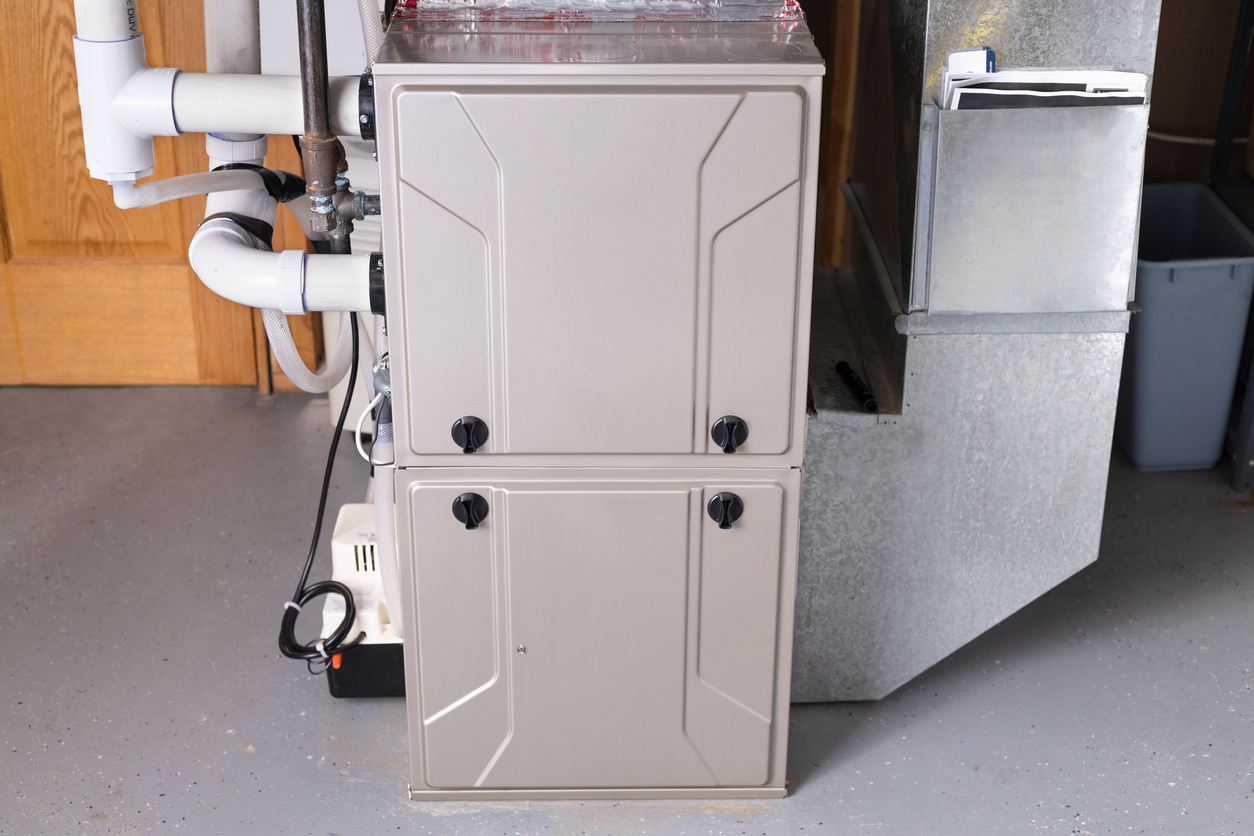
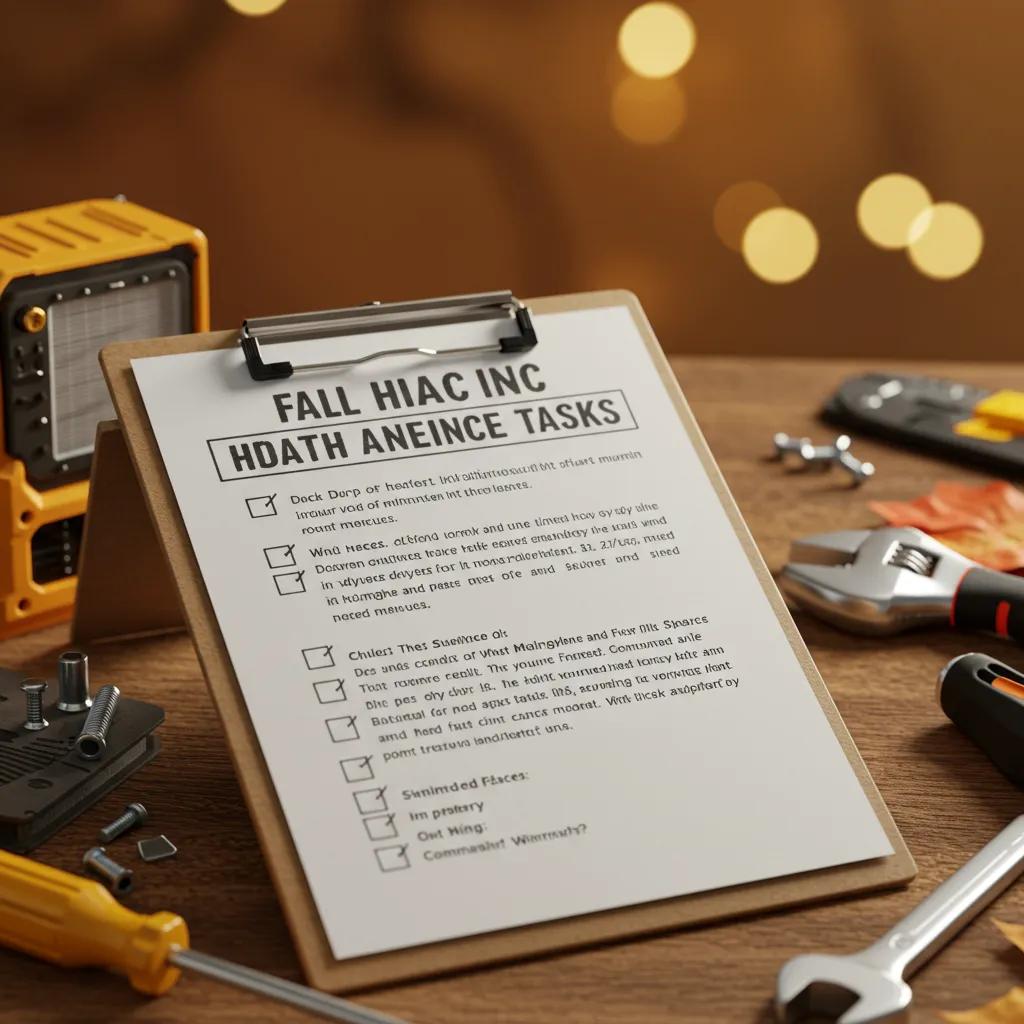
.jpeg)
.jpeg)
